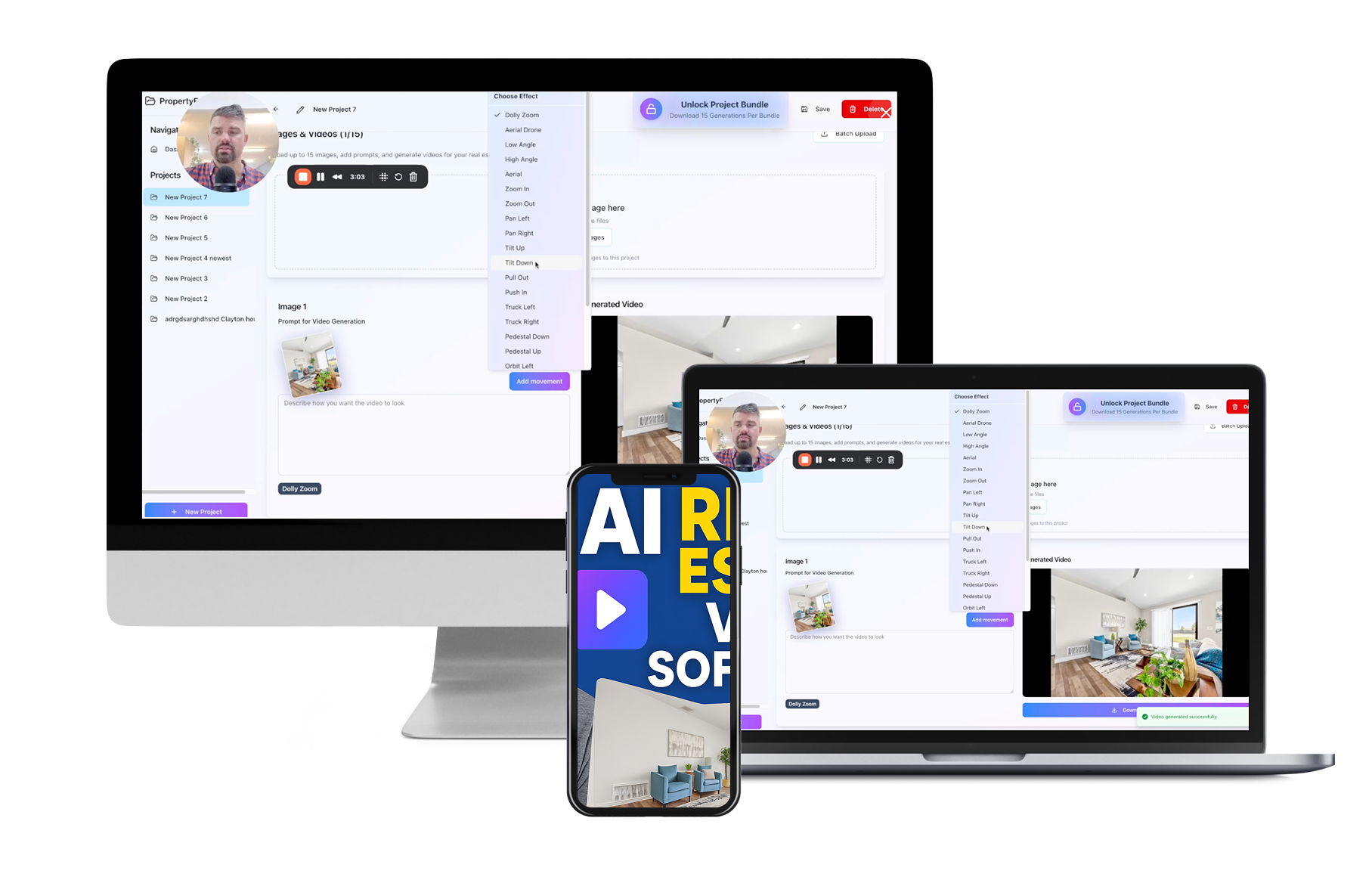
Unveiling the Future: AI Applications in Virtual Tours
Virtual tours have taken the world by storm, offering unprecedented opportunities for exploration from the comfort of one's home. As technology continues to advance, the integration of artificial intelligence (AI) transforms these immersive experiences to a new level. AI applications in virtual tours have become a crucial component, enhancing interactivity and personalization.
Understanding AI in Virtual Reality
Before delving into the specifics of AI applications in virtual tours, it's essential to understand the role of AI in virtual reality. AI enables machines to mimic human intelligence, allowing for improved experience personalization and data processing.
How AI Enhances User Experience
AI applications in virtual tours significantly enhance user experiences by making them more interactive and engaging. AI-driven algorithms predict user preferences, offering personalized tour recommendations.
Dynamic Content: AI predicts what users might find interesting and dynamically alters the information presented.
Interactive Narration: AI provides voice-to-text narration, making tours accessible for wider audiences.
Key AI Applications in Virtual Tours
Personalization and Customization
A standout feature of AI applications in virtual tours is the ability to personalize and customize. AI anticipates user interests in real-time, adjusting the tour content accordingly.
Adaptive Content Delivery: Tours dynamically adapt to preferences, enhancing user satisfaction.
User Profiles: AI analyzes data to curate personalized content suggestions, making each tour unique.
Enhanced Navigation and Interaction
Navigating through virtual environments can be difficult, but AI applications make this seamless. By understanding user behavior, AI smooths transitions and interactions within the tour.
Gesture Control: AI-innovations incorporate gesture recognition, allowing users to seamlessly move through tours.
Voice Command: AI applications enable rule-based voice navigation systems so users can explore hands-free.
Real-Time Analytics and Insights
Incorporating real-time analytics is another significant leap for AI applications in virtual tours. Businesses can gather valuable insights about user engagement.
Behavior Tracking: Gather data on which sections users spend the most time, aiding in content focus.
Engagement Metrics: Track engagement and interaction paths to improve overall tour structure.
Leveraging AI for Business Growth in Virtual Tours
AI-Driven Marketing Strategies
AI applications in virtual tours provide businesses with opportunities to enhance their marketing strategies. Personalized marketing campaigns can be tailored to specific audiences.
Audience Segmentation: AI analyzes data to segment audiences, allowing for targeted marketing.
Predictive Marketing: Predicts future user needs and trends, providing a headstart on competition.
Utilizing AI for Virtual Tour Development
Businesses can leverage AI to develop and refine their virtual tours more efficiently. Tools and platforms such as this resource provide streamlined processes for tour creation.
Automated Scene Generation: AI generates scenes, saving time and resources.
Quality Control: AI solutions ensure the virtual environments are engaging and accurate.
Case Studies: Successful AI Applications in Virtual Tours
Real Estate Industry
AI applications in virtual tours have become invaluable in real estate, offering clients immersive property showings.
360-Degree Views: AI provides comprehensive visuals, enhancing buyer confidence.
Virtual Staging: AI stages properties digitally, aiding buyers in envisioning possibilities.
Tourism and Hospitality
In the tourism and hospitality sectors, AI applications in virtual tours offer potential guests immersive previews of destinations.
Interactive Maps: AI integrates with this resource creating interactive maps.
Cultural Narratives: AI crafts cultural narratives, enriching user engagement.
AI-Powered Tools for Creating Virtual Tours
Numerous tools assist in creating AI-driven virtual tours. For a start, consider platforms like this resource that make tour creation accessible and efficient.
Features to Look For
Ease of Use: Tools should offer intuitive user interfaces and streamlined processes.
Customizable Options: Look for platforms that cater to diverse needs across industries.
Conclusion: Embracing AI for revolutionary Virtual Tours
AI applications in virtual tours are not merely an added feature; they are revolutionizing how we interact and explore digitally. With endless customization options, improved navigation, and powerful marketing tools, AI is setting new benchmarks in virtual experiences. If you're considering implementing AI in your virtual tours, now is the time to embrace this technology.
Whether you're a business exploring virtual tours for the first time or seeking to enhance current offerings, AI provides the tools and capabilities needed for exceptional growth and user satisfaction. Incorporate AI today and embark on a journey where the possibilities are as vast as your imagination.
Consider leveraging these tools and insights to stay ahead in your industry. Whether you wish to learn more about creating immersive environments or explore AI-enhanced marketing, the opportunities are endless. Dive into the world of AI and elevate your virtual tours today.



